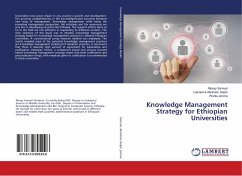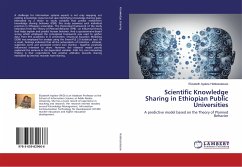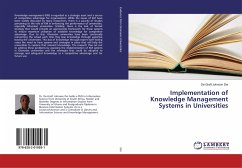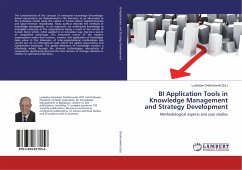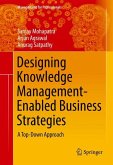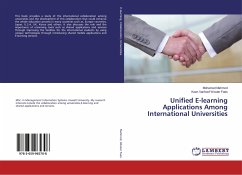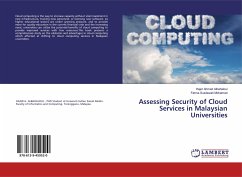Universities have great impact in any country's growth and development. The growing competitiveness in this Knowledge-based economy demands new ways of management. Knowledge management while being the promising management perspective, the initiatives and the awareness are very low in developing countries like Ethiopia. The research efforts done so far in the field are not sufficient in responding to different contexts. The main objective of this study was to develop knowledge management strategy model for knowledge management practices in selected Ethiopian Universities. A cross-sectional survey research method was employed. The results revealed most of the potential knowledge management practices are knowledge management enabling ICT adoption practices. It was found that there is relatively high percent of agreement for exploitative and codification strategies. Hence, a component based and process focused hybrid knowledge management strategy model with both codification and personalization wings, with emphasis given to codification is recommended in these universities.
Bitte wählen Sie Ihr Anliegen aus.
Rechnungen
Retourenschein anfordern
Bestellstatus
Storno

